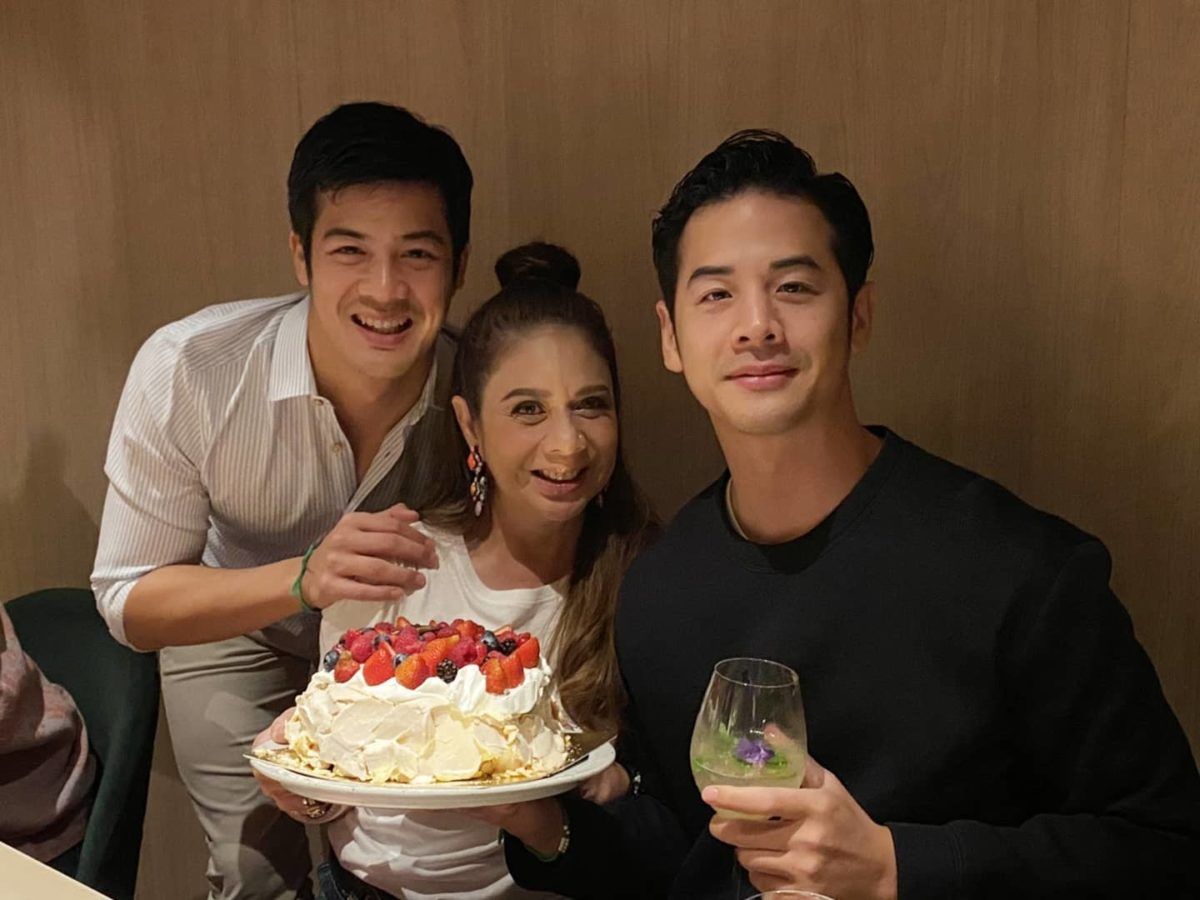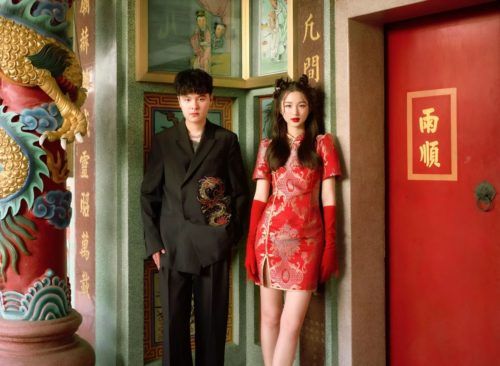8 March marks the return of International Women’s Day. With a global focus on the celebration and equality of women, here are 5 Thai celebrities telling a short story on the women who inspire them.
While any day is a great opportunity to celebrate the women in your life, International Women’s Day gives you one more reason to do exactly that. As a shoutout to all the fabulous women out there who are magnificently the inspirations of our lives, these male Thai celebrities are here to share stories of the women in their lives who inspire them.
[Hero Image Credit: Instagram @paovarit; Featured Image Credit: Instagram @spin9]
Kanachai ‘Kit’ Bencharongkul
Kit Bencharongkul picks his dear mother as the wonder woman who inspires him since the early days of his life. “The care and commitment that I’ve seen in her mothering life make me feel that I’m unconditionally loved and blessed to be part of a lovely family she has built.”
Athit ‘Arm’ Krittayaphongphun
Similarly, Arm Athit’s mother is the woman who inspires him. He tells us that his mother had to put her career on hold in order to prioritise his needs when he was younger. The fact that she managed to jump back to her career and juggle work and family is what makes his mum a real hero to him.
Natee Osathanugrah
Picking a one and only woman who inspires can be a tough choice for Natee Osathanugrah. Thinking of how far he has come to be where he is today, he gives credit to all the beautiful women who hold special places in his heart, especially his mum and wife.
Au Spin9
As for Au Spin9, his source of inspiration is none other than his talented wife and tech show host Sueching. She’s the person who fulfils his life, he says. Whenever he’s too quick or impatient on certain things, she always steps in to help him keep his temper under control.
Varit ‘Pao’ Hongsananda
Pao Varit chooses Sreelakshmi Suresh, the young and driven web designer from India, as the person who truly inspires his way of life. She started doing the things she loves since she was a little girl. This goes to show him that age is never a limiting factor to success. As long as you’re passionate about what you do, believe in it all the way, and it’ll be a driving force that will lead you to whatever kind of achievement you’re pursuing.















